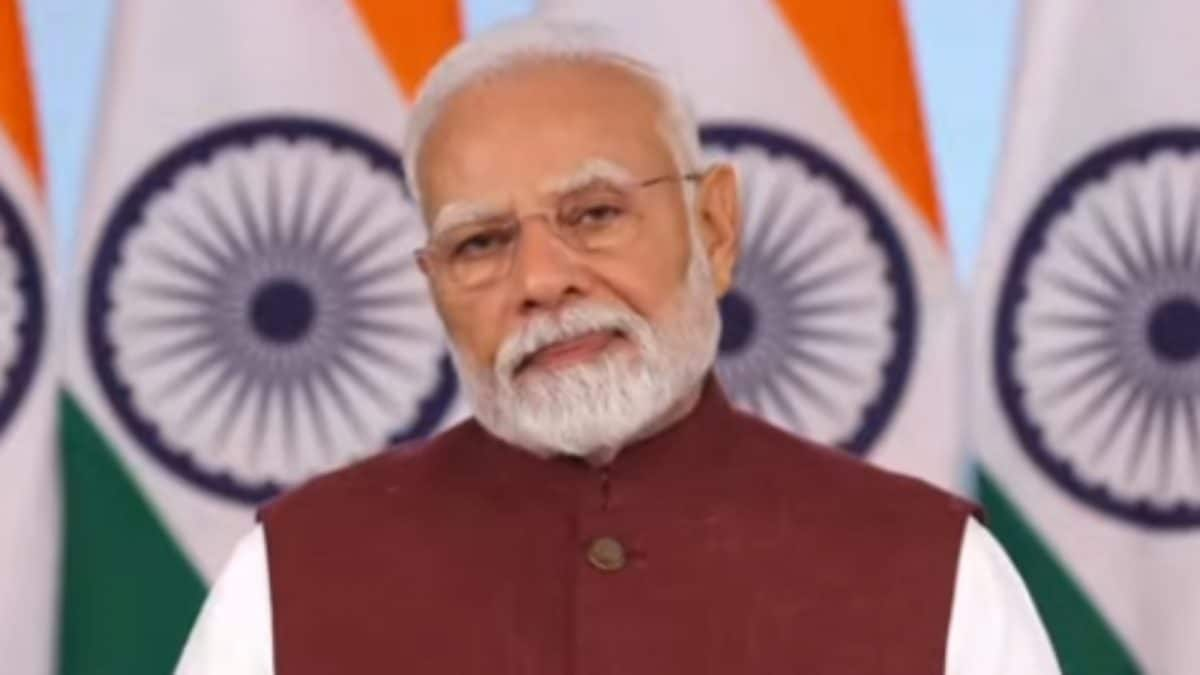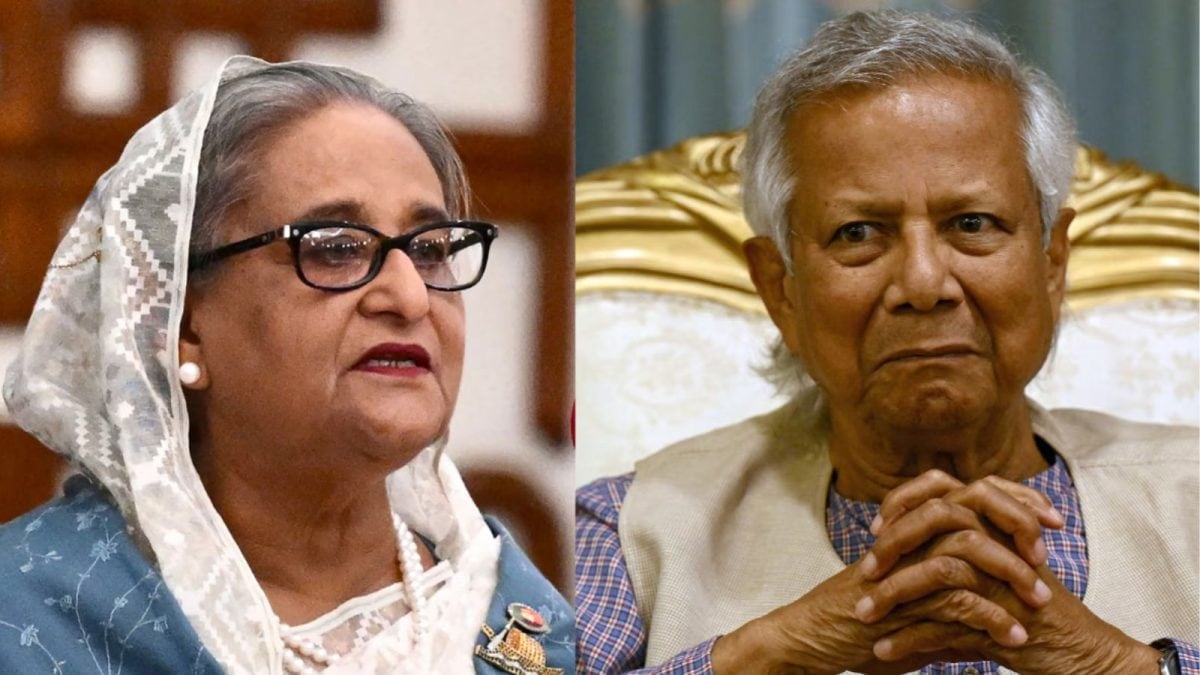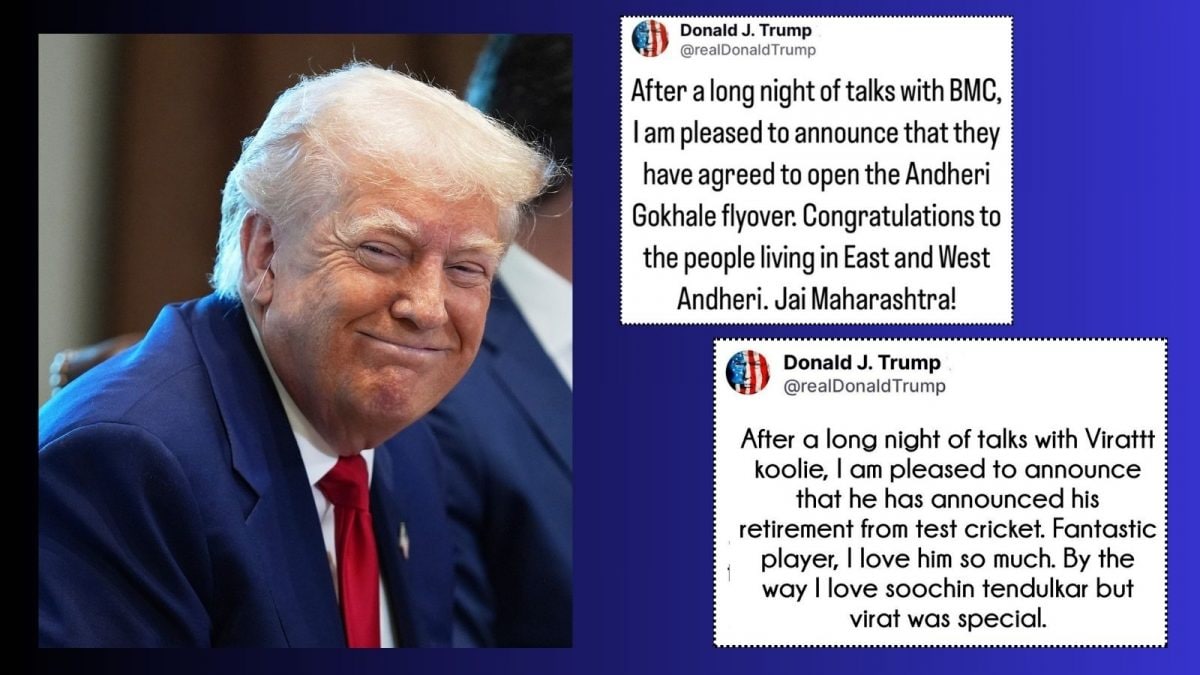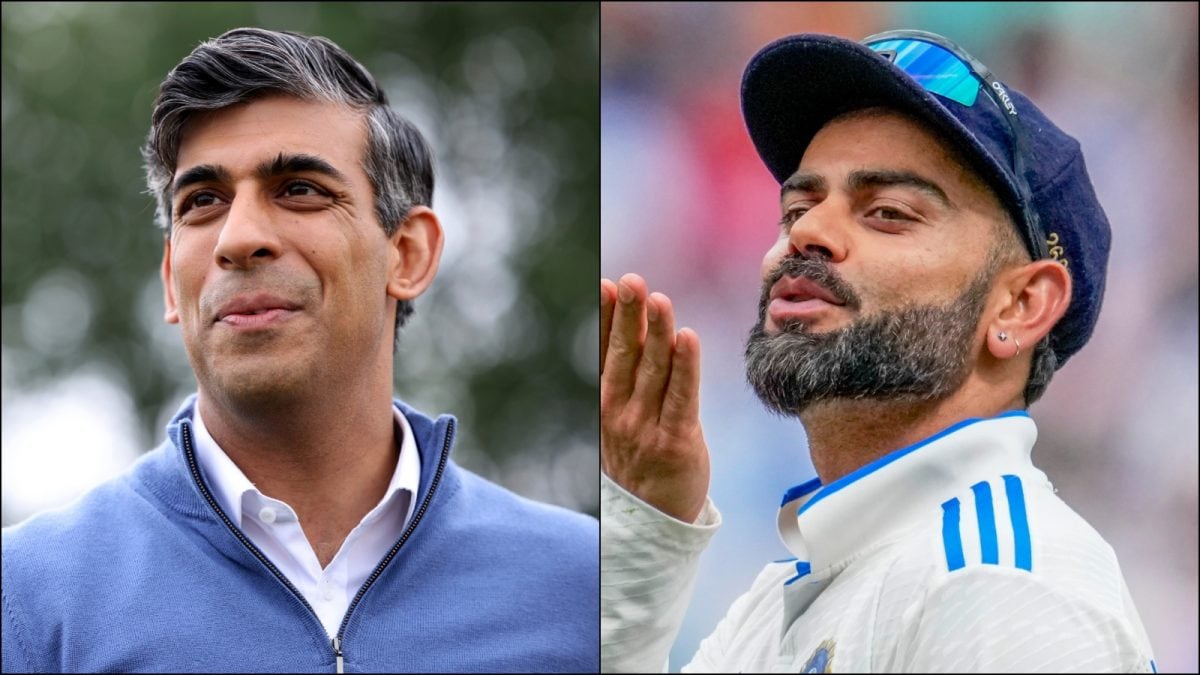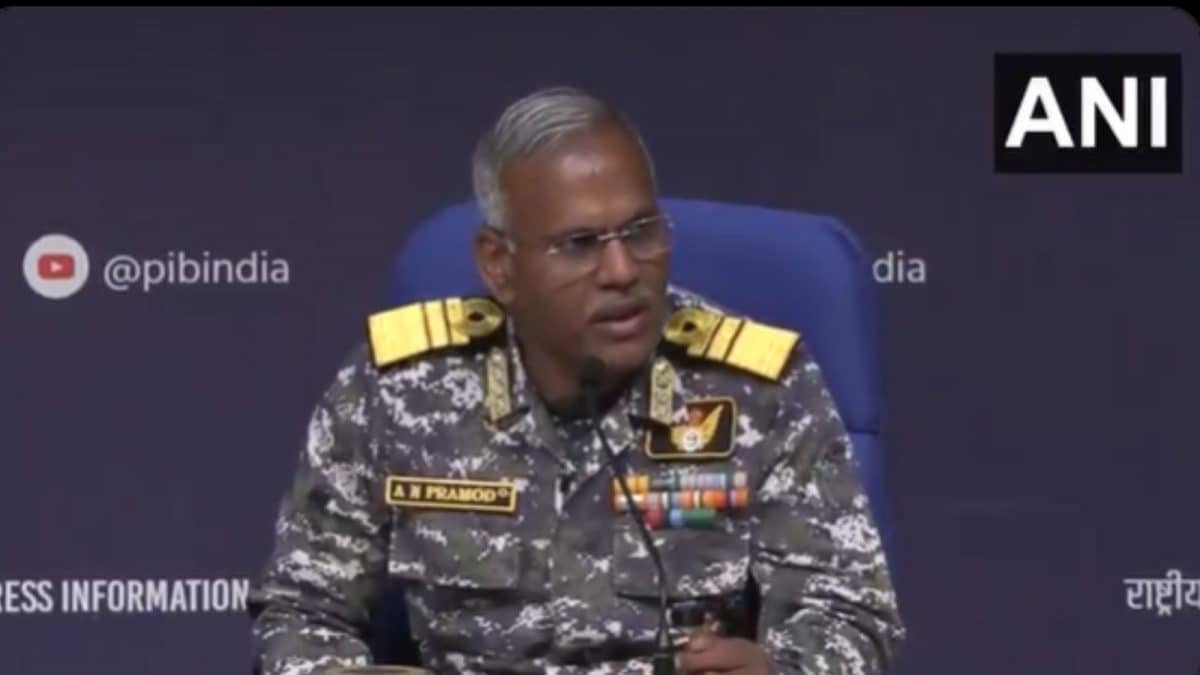Last Updated:May 12, 2025, 19:56 IST
“China publicly endorsed the India-Pakistan ceasefire, but did not make an attempt to hold Pakistan accountable for cross-border terrorism,” said top government sources

Pakistan PM Shehbaz Sharif with Chinese President Xi Jinping. (Reuters/File)
Even as India-Pakistan conflict raged and subsequently reached a ceasefire, China indulged in a diplomatic balancing act. While it announced support for ceasefire, Beijing maintained silence on terrorism.
“China publicly endorsed the India-Pakistan ceasefire, but avoided direct statement on India’s demand. It did not make an attempt to hold Pakistan accountable for cross-border terrorism," said top government sources.
On Saturday, China’s foreign ministry spokesperson had, in a statement, said, “We strongly call on both India and Pakistan to give priority to peace and stability, remain calm and restrained, return to the track of political settlement through peaceful means and avoid taking actions that further escalate tensions."
“China’s refusal to acknowledge Pakistan’s role in terrorism is a strategy. Groups such as the Jaish-e-Mohammad (JeM) and Lashkar-e-Toiba (LeT) continue to operate freely and conduct attacks such as the 2025 Pahalgam massacre," said top government sources.
Finance Minister Wang Yi’s calls to Pakistan’s FM Ishaq Dar and India’s Security Adviser Ajit Doval emphasised China’s role in facilitating dialogue. China had said it would continue to stand by Islamabad in upholding its “sovereignty, territorial integrity, and national independence".
While speaking to NSA Doval, Wang expressed China’s condemnation of the Pahalgam terrorist attack and its opposition to all forms of terrorism, according to a statement by the Chinese government. Doval, however, emphasised that war is not India’s choice and does not serve the interests of any party, according to a statement by the Chinese government. China appreciated Doval’s statement that war is not India’s choice and sincerely hoped that both sides would remain calm and exercise restraint, resolve differences through dialogue and consultation, and avoid further escalation.
“China wanted to prevent escalation as it aligned with its broader image as a global peacemaker. By urging both sides to cement the ceasefire momentum China sought to project neutrality," said sources.
Meanwhile, on the other hand, the world is aware of China’s strategic tilt towards Pakistan. “Stability in India and Pakistan is critical to China’s Belt and Road Initiative. It is also key to the China-Pakistan Economic Corridor (CPEC). It is aware that a conflict could disrupt CPEC’s $62-billion infrastructure projects," said sources.
“China has consistently shielded Pakistan at multilateral forums such as the UN Security Council. It has always blocked efforts to sanction Pakistan-based terror groups such as the JeM and LeT. In such a scenario, publicly condemning Pakistan’s terror links would have spoiled the all-weather China-Pakistan alliance," said sources.
Pakistan, meanwhile, is heavily dependent on China for weapon procurements and for economic bailouts. Sources said, “If China wishes, it could get Pakistan to stop terror groups the next day."
Location : First Published:News world Amid India-Pakistan Conflict, Decoding China’s Balancing Act | Exclusive

 3 hours ago
3 hours ago





